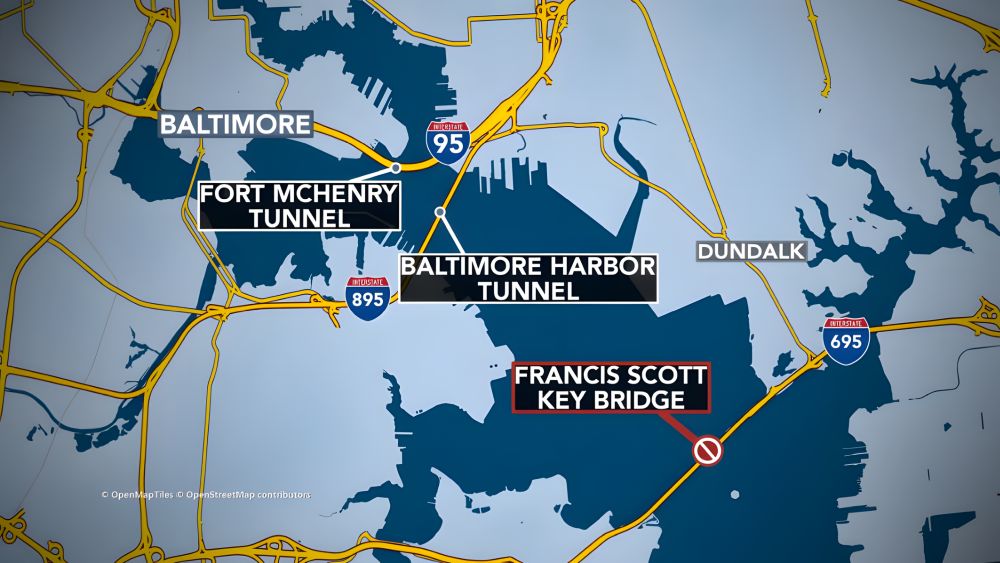The collapse of the Francis Scott Key Bridge in Baltimore has sent shockwaves through the local community and global supply chains. This critical artery, vital for Baltimore’s industrial heartland, succumbed to a catastrophic collapse following a collision with a cargo ship. The incident, resulting in presumed loss of lives and a state of emergency declaration, underscores the profound impact of infrastructure failures.

The closure of the Port of Baltimore, one of the busiest in the US, has triggered significant disruptions to trade and commerce. With ships stranded and access to the port severed, supply chains face unprecedented challenges. The interruption of coal exports, automotive shipments, and other goods exacerbates existing vulnerabilities in the global economy, highlighting the interconnectedness of modern trade networks.

Government response has been swift, with pledges to fund the reconstruction of the bridge and expedite relief efforts. President Joe Biden has committed federal resources to address infrastructure damage and mitigate economic losses. Additionally, efforts are underway to resume port operations and restore connectivity, underscoring the importance of proactive risk management and resilient infrastructure in safeguarding against unforeseen disruptions.

Beyond its economic ramifications, the collapse of the Francis Scott Key Bridge has profound implications for the local community and broader society. The disruption of transportation networks jeopardizes the livelihoods of workers and businesses reliant on seamless connectivity. As recovery efforts continue, the incident serves as a stark reminder of the critical importance of infrastructure resilience and proactive risk management in ensuring the stability and resilience of global trade and commerce.

